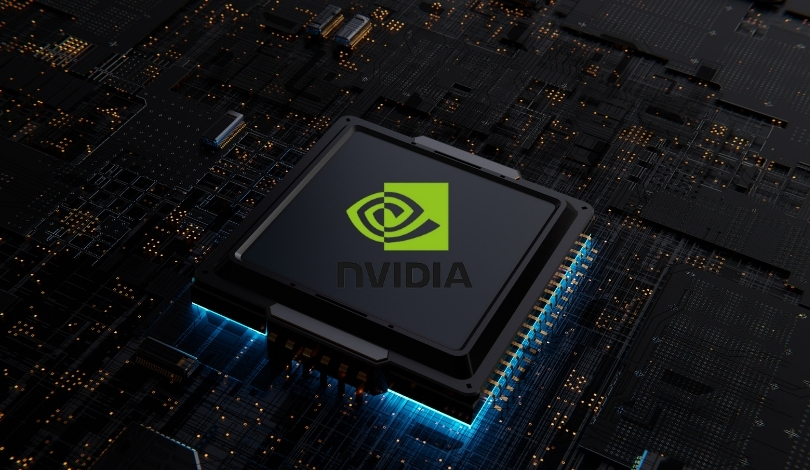A collaboration between Germany and NVIDIA signals a significant shift for European AI technology with the planned creation of the continent’s first industrial AI cloud. As nations compete for digital advancement, initiatives like this one aim to reinforce local innovation and digital sovereignty. With both large industrial entities and smaller firms set to benefit, observers watch closely to see how this project will influence Europe’s position in the global tech landscape.
While NVIDIA has participated in prior European AI and tech partnerships, this joint project with Deutsche Telekom marks a more comprehensive effort in developing shared digital infrastructure. In past public announcements, details centered on ambitions to match American and Chinese progress but offered fewer specifics regarding inclusive access for medium-sized businesses and startups. The latest developments emphasize broadened availability of AI resources and a collaborative push among various industrial and research stakeholders, expanding previously discussed plans.
How Will the Industrial AI Cloud Impact German Manufacturing?
The partnership aims to develop an “AI factory,” harnessing high-performance computing to support German manufacturing. By deploying 10,000 NVIDIA Blackwell GPUs, the project enables manufacturers to incorporate artificial intelligence into every stage, from digital simulation to robotics.
“In the era of AI, every manufacturer needs two factories: one for making things, and one for creating the intelligence that powers them,” stated NVIDIA CEO Jensen Huang.
This facility intends to help both established industrial giants and emerging enterprises meet rapidly increasing computational needs.
What Opportunities Exist for Smaller Companies and Startups?
Access to advanced AI technologies will extend to the broader German Mittelstand—small and medium-sized enterprises that constitute a core segment of the German economy. These companies often lack the capacity to develop dedicated AI infrastructure, making shared resources such as this project particularly valuable. Academic institutions and approximately 900 German startups involved in the NVIDIA Inception program are expected to benefit, potentially spurring new entrepreneurial ventures and innovative research.
Could Larger European Ambitions Follow This Project?
The current industrial AI cloud is intended as a precursor to an even larger goal: the creation of Europe’s AI gigafactory, a proposed facility featuring 100,000 GPUs targeted for launch by 2027. This broader effort, supported by both the German government and the European Union, represents a coordinated response to the challenge of maintaining digital independence in an era of global technology competition. Success in Germany could encourage similar initiatives across the continent.
Germany’s partnership with NVIDIA and Deutsche Telekom reflects a shift in strategy toward developing locally managed, high-capacity AI infrastructure. By including the Mittelstand and academic institutions, this project aspires to create a more robust and distributed innovation environment. Lessons from previous AI infrastructure projects suggest that integrating diverse participants and focusing on shared access may be key to overall success. As industrial firms, startups, and researchers gain access to powerful GPU clusters, practical impacts will become clearer, with benefits and implementation challenges likely to influence similar efforts in other European markets.
- Germany and NVIDIA collaborate on Europe’s industrial AI cloud project.
- The initiative targets large manufacturers and smaller businesses alike.
- Access to shared AI resources may foster broader tech innovation.










